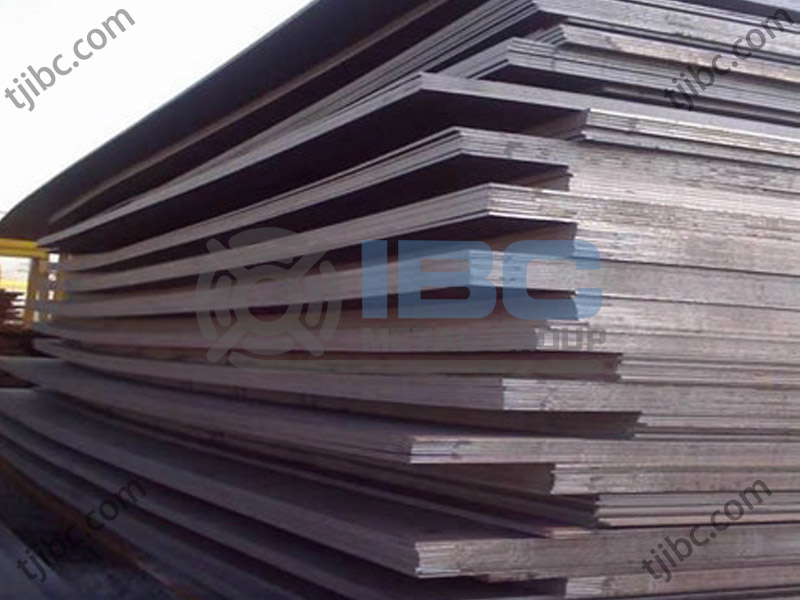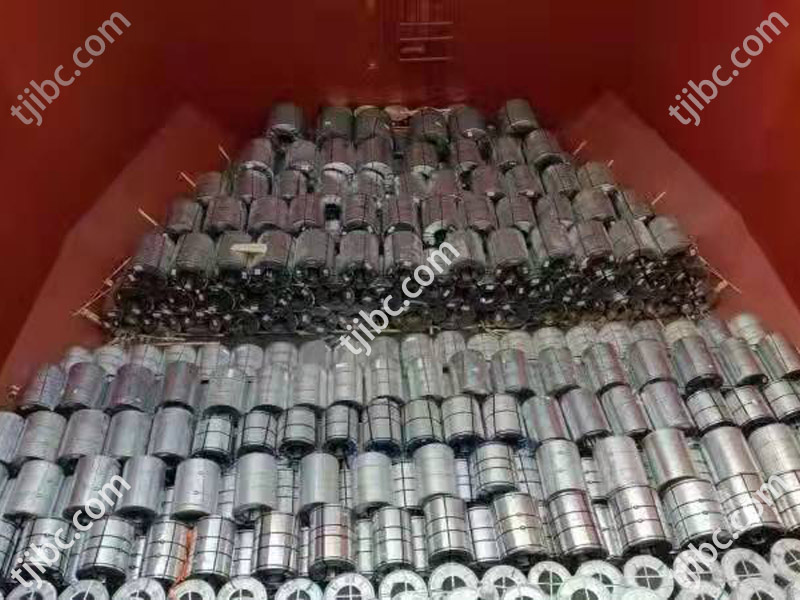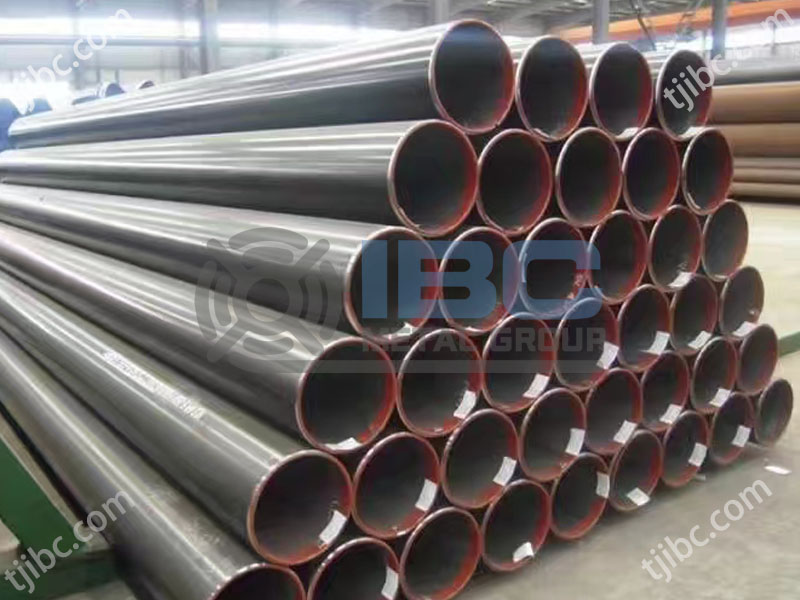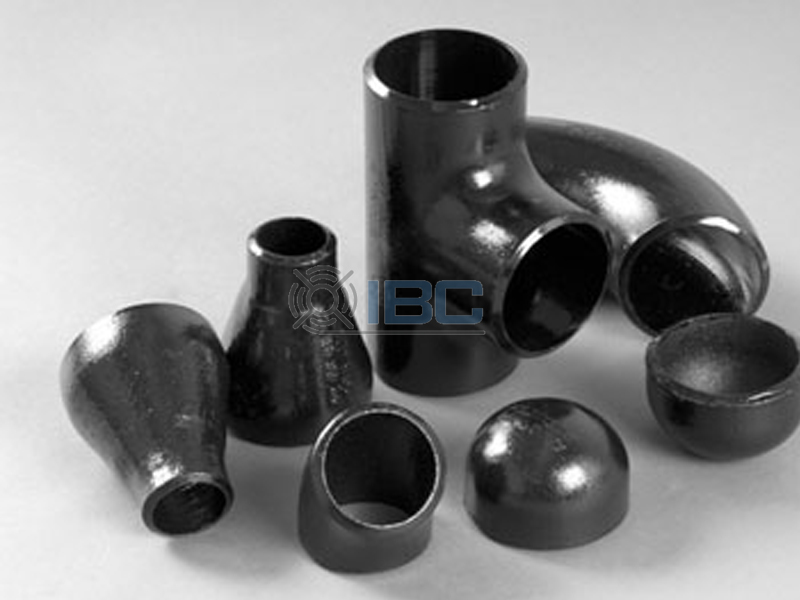The surface of the galvanized steel coil is covered with a zinc layer. This zinc layer has good corrosion resistance and weather resistance. It can effectively resist a variety of harsh environments, such as wind and rain, acid rain erosion, sunlight and so on. In addition, the zinc layer is also very strong in adhesion and toughness, making it able to maintain long-term anti-corrosion effects in a variety of complex environments.
Therefore, this steel has been widely used in many fields, such as construction, transportation, furniture manufacturing and so on. Especially in steel structure buildings, it is a very commonly used material, and its excellent corrosion resistance can greatly extend the service life of steel structure and reduce the cost of maintenance and replacement.

Evaluation of Corrosion Resistance 1
1. Thickness detection: Use a galvanizing thickness gauge, such as a magnetic or eddy current thickness gauge, to measure the thickness of the galvanizing layer. Thicker galvanized layers usually provide better protection against corrosion. According to different application environment and use standards, the thickness of galvanized layer should have the corresponding minimum value requirements.
2. Uniformity assessment of galvanizing layer: visually check the appearance of the galvanizing layer to ensure that it is uniform and has no obvious defects, holes or stripes. Microscope or scanning electron microscope (SEM) can be used to further observe the microstructure and morphology of galvanized layer.
3. Corrosion resistance test: salt spray test (neutral salt spray test NSS, acetate spray test ASS, etc.) to simulate the corrosion in harsh environments and observe the corrosion resistance of galvanized steel coil.

Evaluation of Corrosion Resistance 2
4. Adhesion and mechanical performance test: Use scratch test, bending test and other methods to evaluate the adhesion between the galvanized layer and the substrate. Workers will carry out tensile tests, impact tests, etc., to evaluate its mechanical properties to ensure that it will not be broken or damaged due to corrosion in use.
5. Environmental adaptability assessment: according to the specific use environment, such as humidity, temperature, chemical media, etc., long-term exposure test is carried out to observe its anti-corrosion performance. For special environments, such as Marine environments, industrial pollution areas, etc., special environmental adaptability tests may be required.
6. Protection and maintenance suggestions: According to the evaluation results of anti-corrosion performance, formulate corresponding protection and maintenance measures. Such as regular cleaning, coating anti-corrosion coating, regular inspection and maintenance, etc., to extend the service life of steel.

Applications of Galvanized Steel Coil
1. Construction industry: production of steel structure frames, roofs, walls, etc. It can also be used as a waterproof material for roof, wall and other waterproof projects. During operation, the steel coil should be laid on the base, ensure that the connection is well sealed, and then fixed and waterproof treatment.
2. Automotive industry: manufacturing door, roof, bottom plate and other components. It can also manufacture auto parts, such as fuel tanks, exhaust pipes, wheels, etc. In the manufacturing process, it needs to be cut, bent, welding and other processing to meet the shape and performance requirements of the parts.
3. Home appliance industry: Making home appliance shells, such as refrigerators, washing machines, air conditioners, etc. It can also be used to make internal structural parts of home appliances, such as brackets, pallets, etc.

Contact with us today!



